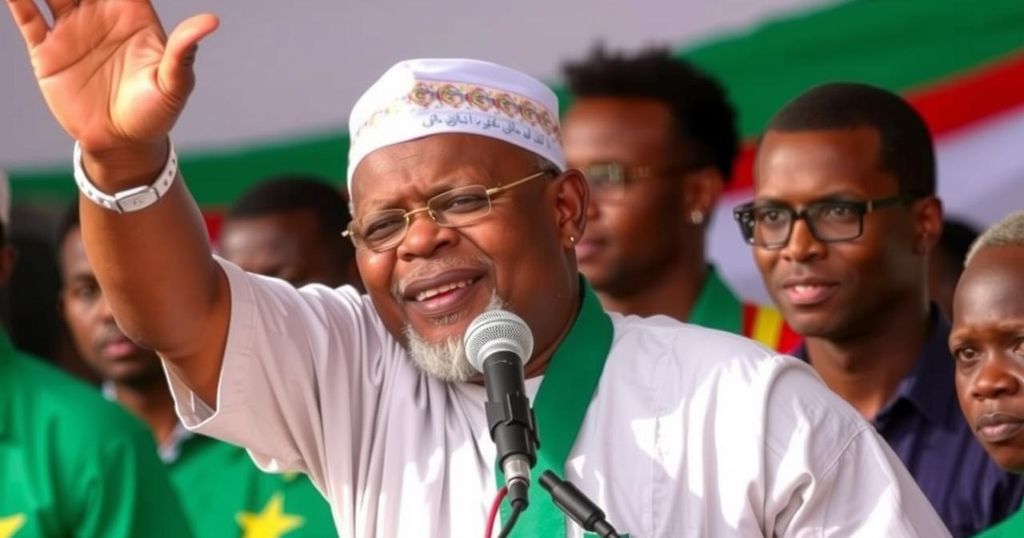Chad’s Ruling Party Secures Majority Amid Opposition Boycott in Elections
Chad’s ruling Patriotic Salvation Movement won a majority in the parliamentary elections, securing 124 out of 188 seats amid a boycott from major opposition parties. The elections, marking Chad’s first parliamentary voting in over a decade, are seen as a means to consolidate the president’s power and push for decentralization. The low voter turnout and opposition criticisms highlight concerns over the electoral credibility and ongoing political tensions in Chad.
In the recent parliamentary elections held in Chad, the ruling Patriotic Salvation Movement (MPS) secured a significant majority, capturing 124 out of 188 seats. This election, which saw a 51.5% voter turnout, was notably boycotted by the main opposition parties, including the Transformers party. These elections are crucial as they mark Chad’s first parliamentary voting process in over a decade and are seen as a step towards consolidating political power for President Mahamat Idriss Déby. Analysts suggest that the outcome is likely to strengthen Déby’s authority amid ongoing security challenges and attempts to decentralize power within the country.
Ahmed Bartchiret, the head of the electoral commission, announced the provisional results recently, highlighting that the parliamentary elections, accompanied by regional and municipal votes, are part of Chad’s transition towards democracy following Déby’s ascension to power following his father’s death. The election is particularly significant as it follows a controversial presidential election in which Déby faced accusations of widespread electoral fraud. By declaring the elections a means to usher in a desired era of decentralization, Déby aims to distribute governmental power at various administrative levels.
Chad has faced a turbulent political landscape over the past several years, particularly following the death of long-time President Idriss Déby Itno in 2021. His son, Mahamat Idriss Déby, assumed control as a military ruler, prompting a series of political reforms aimed at democratization. The recent parliamentary elections are part of this transition, yet the boycott by major opposition parties raises concerns regarding the credibility and inclusivity of the electoral process, which observers fear may not truly reflect the will of the Chadian people. Furthermore, the country grapples with significant security threats from groups like Boko Haram and the impacts of strained relations with traditional allies such as France.
Chad’s ruling party has solidified its influence in the recent parliamentary elections through a notable majority, despite widespread opposition boycotts. The outcome signals a continuation of the political consolidation under President Mahamat Idriss Déby during a critical juncture for the nation. While these elections are meant to enhance local governance and democracy, the absence of opposition participation raises vital questions about the legitimacy and depth of political reform in Chad.
Original Source: www.mymotherlode.com




Post Comment